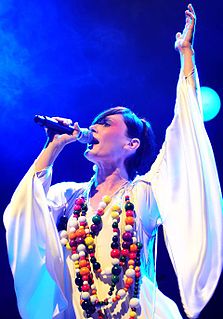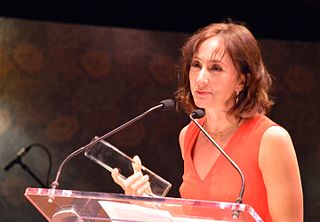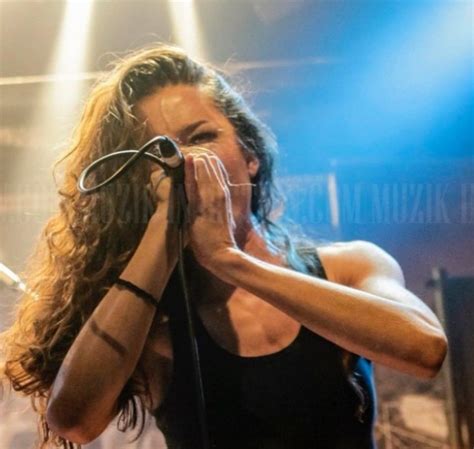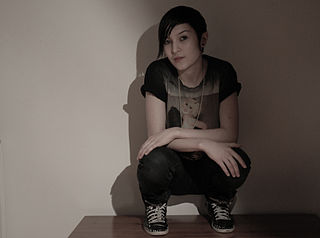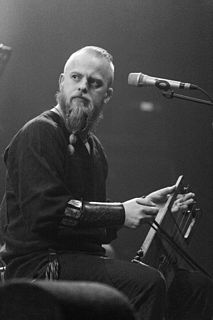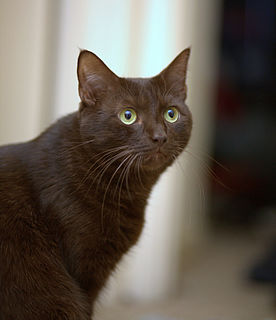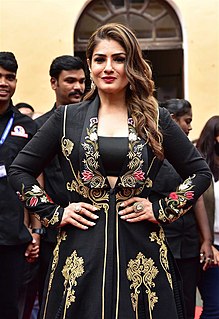A Quote by Sarah Blasko
The music I was writing for 'Hamlet' needed to be very simple because there was so much going on with the dialogue in that play, so I felt like the music had to complement that - so that carried on through; I was working on the soundtrack and the album simultaneously.
Related Quotes
It's very interesting to read why Cornelius Cardew became disenchanted with academic avant-garde music. He wanted to reach as many people as possible and change their consciousness. He wanted to reach the "working classes" in England. The kind of music he was making was very much from the academy, even though it had a lot in common with things like free jazz and improvisation, and he felt that it was the music of the elite, and that he wasn't really speaking to the people.
Music is very, very important in my movies. In some ways the most important stage, whether it ends up being in the movie or not, is just when I come up with the idea itself before I have actually sat down and started writing. I go into my record room... I have a big vinyl collection and I have a room kind of set up like a used record store and I just dive into my music, whether it be rock music, or lyric music, or my soundtrack collection. What I'm looking for is the spirit of the movie, the beat that the movie will play with.
My first album was more about me making a statement, as I felt like I was kind of stuck in the smaller scene of underground House and Techno when the music I produce actually spanned a much wider range of genres, including the more Pop/Trip Hop stuff and more song-based compositions. Comfort was to kind of show that I wasn't just about one thing. Working on Take Flight was my chance to step back and merge the many worlds of music I enjoy working in and showcase it all through a journey of 24 tracks.
In regards to live shows, space is very important to me. Space and context should complement the music in some way; you gain so much from it. It enhances the dialogue between audience and performer. I'm very much aware of this when choosing venues. I say no to 90% of booking offers. Somehow I feel the venue needs to make sense.
When I moved to London, I was working on music - producing, writing - and that's where I discovered DJing. I started partying every night because I just needed to dance and enjoy music and forget about things, and that's when I started to notice DJing is the best job in the world. I honestly believed I could do it very well.
Except in a few cases like Music for Airports, which was a very clear case of noticing a niche [and] saying, "Okay, there's this situation in which people always play music, and nobody has written music for that situation so I'm going to." So, that was a very clear example of spotting a niche and working for it. I have done that occasionally.
For me, a lot of Discipline was very personal writing, like writing through and working out being inside this gendered body and also the compulsions of the body, the muting of the mind as driven by the body. My father had died some years ago so he haunts the book too, just floats through it ghost-like. But, the writing of every book is different for me. They are so like living creatures, these books, so I don't know what's carried over into the writing of the next things - except maybe that I'm best when I make my writing practice a routine.
